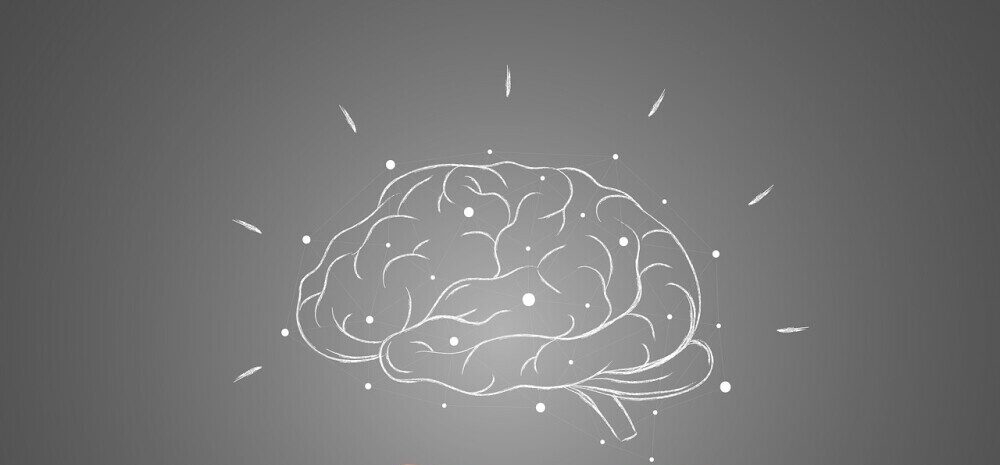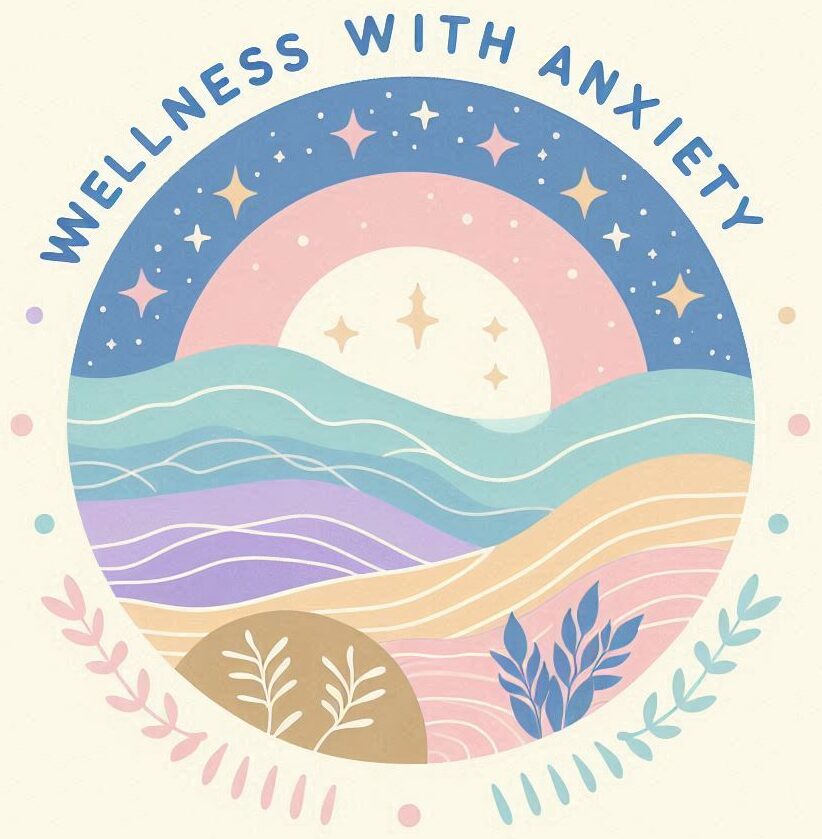 Anxiety isn’t just feeling nervous before a big event. It’s a complex set of disorders that affects millions of people in various ways. Understanding what anxiety is and how it shows up in life is the first step towards managing it effectively.
Anxiety isn’t just feeling nervous before a big event. It’s a complex set of disorders that affects millions of people in various ways. Understanding what anxiety is and how it shows up in life is the first step towards managing it effectively.
Anxiety disorders come in different shapes and sizes.
You might have heard of Generalized Anxiety Disorder (GAD), characterized by excessive worry about various aspects of life. There’s also Social Anxiety Disorder, which makes social interactions a nightmare for some. Panic Disorder involves sudden and intense episodes of fear, while Phobias target specific objects or situations. These different types of anxiety have their own unique challenges and symptoms, but they often intersect and overlap.
Anxiety doesn’t discriminate.
It can affect anyone, regardless of age, gender, or background. However, certain demographics might be more vulnerable. For instance, women are twice as likely to experience anxiety disorders as men. Young adults and teenagers often face anxiety due to academic pressures, social media influences, and the transition into adulthood. Understanding these patterns can help in identifying and supporting those at risk.
Recognizing anxiety isn’t always straightforward.
Symptoms can range from physical signs like increased heart rate, sweating, and trembling to emotional cues such as constant worry, irritability, and a sense of impending doom. It can also affect cognition, leading to concentration problems and memory issues. If these symptoms persist and interfere with daily life, it’s a good indicator that anxiety might be at play.
The Neuroscience of Anxiety: What Happens in Your Brain?
 Anxiety isn’t just an emotional experience; it’s deeply rooted in brain chemistry and structure. Our brain is wired to respond to threats, but for those with anxiety disorders, this response is often exaggerated or misfired.
Anxiety isn’t just an emotional experience; it’s deeply rooted in brain chemistry and structure. Our brain is wired to respond to threats, but for those with anxiety disorders, this response is often exaggerated or misfired.
Let’s break down what happens inside your head when you feel anxious.
First off, the amygdala is a key player here.
Think of it as the brain’s alarm system. When you perceive danger, the amygdala kicks in, triggering the body’s fight or flight response. In people with anxiety disorders, this alarm system can be hypersensitive, setting off at the slightest hint of trouble.
Next, the prefrontal cortex, the part of the brain responsible for rational thinking and decision-making, comes into play.
Ideally, it would help temper the amygdala’s response, but in anxious individuals, it might not always do a good job. This imbalance means the emotional part of the brain often outweighs the rational part.
You can’t talk about brain function without mentioning neurotransmitters.
These are chemical messengers that play a crucial role in mood regulation. Serotonin, dopamine, and norepinephrine are a few involved in anxiety. Imbalances in these chemicals can contribute to heightened anxiety.
Genetics can’t be ignored either.
Your DNA might make you more susceptible to anxiety. If you have a family history of anxiety disorders, you’re more likely to experience them yourself. However, genetics is just one piece of the puzzle, with environmental and personal experiences playing significant roles.
Chronic anxiety can lead to lasting changes in brain function.
Prolonged exposure to stress and anxiety can shrink the hippocampus, a brain region essential for memory and learning. This can make cognitive functions like concentration and recalling information more challenging.
Understanding these neurological aspects of anxiety helps shed light on why it sometimes feels uncontrollable.
It’s a mix of brain structures, chemicals, and even genetic factors working together. This knowledge can guide more effective treatments and coping strategies, making it a crucial component of managing anxiety.
The Impacts of Anxiety on Daily Life
Anxiety goes beyond just feeling stressed. It can seep into every corner of your daily existence, making even the simplest tasks seem monumental.
Physically, anxiety can be exhausting.
Fatigue might set in due to constant tension. You might also experience headaches, stomach issues, and muscle aches. Your sleep can suffer too; whether it’s trouble falling asleep or staying asleep, lack of rest only fuels the anxiety further.
Emotionally, anxiety takes a significant toll.
It can cloud your judgment, leading to irritability and a persistent sense of dread. It’s like carrying a backpack full of worries that you can’t put down.
In work or school, anxiety can be a major hindrance.
It can make it difficult to focus on tasks, absorb information, or meet deadlines. Procrastination might become a way to cope, which often leads to more stress in the long run.
Relationships aren’t spared either.
Anxiety can make social interactions difficult, causing you to withdraw from friends and family. Misunderstandings become more common, and your support system might not know how to help.
Dealing with the daily impacts of anxiety requires an understanding that it’s not just in your head; it’s a real, tangible issue affecting both mind and body.
Prioritizing self-care, creating a routine, and seeking support are crucial steps in managing these impacts.
Managing Anxiety: Effective Strategies and Treatments
 Navigating anxiety is a journey, but there are proven strategies and treatments that can help you reclaim your life.
Navigating anxiety is a journey, but there are proven strategies and treatments that can help you reclaim your life.
Let’s explore these options.
Therapy is a fantastic starting point.
Cognitive Behavioral Therapy (CBT) is one of the most effective methods. It helps you identify and challenge negative thought patterns, replacing them with healthier ones. Mindfulness-based therapies also offer benefits by grounding you in the present moment and reducing the focus on anxiety-inducing thoughts.
Medication can also be part of the solution.
Antidepressants like SSRIs and SNRIs are commonly prescribed and can be very effective. Benzodiazepines might be used for short-term relief, but they come with potential dependency issues, so they’re typically not a long-term solution. Always consult with a healthcare provider to find the right medication plan for you.
Lifestyle changes can make a significant difference as well.
Regular exercise boosts your mood and reduces stress hormones. A balanced diet rich in fruits, vegetables, and lean proteins can support brain health. Adequate sleep is also crucial, so establish a bedtime routine that promotes restful sleep.
Self-help strategies shouldn’t be overlooked either.
Techniques like deep breathing exercises, progressive muscle relaxation, and journaling can help manage symptoms in the moment. And of course, creating a support network, whether through friends, family, or support groups, provides an invaluable resource for navigating tough times.
Seeking professional help is vital.
A mental health professional can provide tailored advice and treatment plans. Don’t hesitate to reach out; it’s a sign of strength, not weakness! With the right strategies, you can manage anxiety effectively and lead a fulfilling life.

